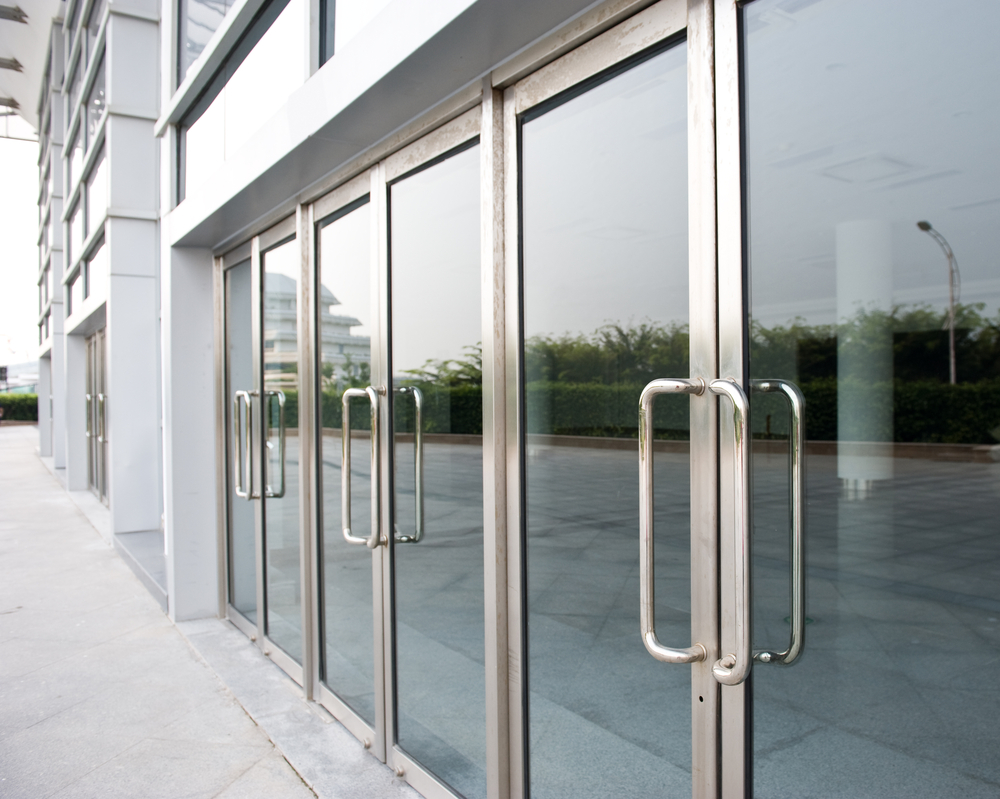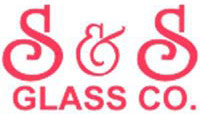
How to Choose the Right Glass Door for Your Commercial Building
June 1, 2025 6:43 pm Leave your thoughtsWhen it comes to designing or upgrading a commercial building, every element plays a role in projecting the right image, ensuring functionality, and enhancing customer experience. One often overlooked but highly impactful component is the glass door. A commercial glass door serves as both a literal and metaphorical entry point to your business. It is the first thing people interact with and sets the tone for what they might expect inside. Choosing the right glass door is about more than just aesthetics—it involves a balance of design, security, energy efficiency, and purpose. With a wide range of commercial glass door options available, selecting the best one for your needs requires careful consideration of multiple factors.
the Types of Commercial Glass Doors
Before diving into specific features or customizations, it’s important to understand the types of commercial glass doors commonly found in the market. Each type serves a unique function and is better suited to specific business environments. The most traditional and widely used type is the full-view glass door, which consists largely of transparent or translucent glass within a metal or aluminum frame. These doors are often found in retail spaces, restaurants, and office buildings where visibility and natural light are desired.
Another common style is the sliding glass door, typically used in areas with limited space or for entrances that experience high foot traffic. These are prevalent in shopping malls and large commercial complexes. Then there are revolving doors, which offer an elegant and functional solution for high-rise commercial buildings by regulating air flow and reducing energy costs. Bi-fold and stacking doors, though less common, provide modern aesthetics and maximize openness for event spaces and high-end boutiques.
Finally, automatic glass doors—be they sliding, swinging, or revolving—have become increasingly popular in commercial buildings that prioritize accessibility and convenience. These doors are powered by sensors and motors, ensuring hands-free operation. Each of these types of commercial glass doors offers unique advantages, making it essential to align your choice with the specific operational needs and architectural style of your building.
Factors to Consider When Selecting a Glass Door
When selecting the right commercial glass door, several critical considerations come into play. One of the most important is the level of security your building requires. Not all glass is created equal, and depending on your business type, you may need tempered or laminated glass. Tempered glass is designed to shatter into small, harmless pieces, making it safer in case of breakage, whereas laminated glass is composed of multiple layers bonded together, which holds the glass in place even when broken—offering better security and soundproofing.
Another factor to consider is energy efficiency. Commercial buildings can lose a significant amount of heating or cooling through doors and windows. Choosing glass doors with double glazing or low-emissivity (Low-E) coatings can help regulate indoor temperatures and reduce energy bills. These energy-efficient commercial glass door options are especially valuable in regions with extreme weather conditions.
Functionality is also paramount. For example, if your building experiences heavy foot traffic, an automatic sliding or revolving door might be more practical than a manual swing door. Accessibility should also be a priority—doors should comply with the Americans with Disabilities Act (ADA) to accommodate all patrons and employees.
Lastly, aesthetics should not be underestimated. Your glass door should complement the architectural style of the building and reinforce your brand image. Clear glass offers maximum visibility, which is ideal for retail, whereas frosted or tinted glass provides privacy and a sleek, modern look suited for office environments. The frame material—often aluminum, steel, or wood—also contributes to the overall appearance and durability of the door.
Customization and Branding Opportunities
One of the biggest advantages of modern commercial glass doors is the opportunity for customization. With advances in materials and design, glass doors can now be tailored to meet specific branding and functional needs. For example, etching, frosting, or digitally printed designs can be used to display logos, business names, or unique patterns. This not only enhances visual appeal but also reinforces brand identity right at the entrance.
Color tinting is another popular customization option. Depending on your brand’s color palette and the building’s exterior, you can choose from various tints to align the look of your glass door with your overall aesthetic. Additionally, tinting can reduce glare, increase privacy, and improve energy efficiency by limiting heat gain from sunlight.
Frame designs also offer room for creativity. While aluminum frames are the most common due to their durability and low maintenance, other materials like stainless steel or custom powder-coated finishes can add a touch of luxury or a contemporary edge. Even the shape and size of the door can be customized, allowing for oversized panels or unique geometric designs that turn a simple doorway into an architectural statement.
Technology can further enhance the functionality of commercial glass doors. Smart glass, which changes its opacity based on lighting conditions or user control, is increasingly being used in conference rooms and executive entrances. Integrated access control systems, such as keycard entry or biometric scanning, can also be embedded into the door system for added security and convenience. These innovations are transforming glass doors from static architectural elements into dynamic, interactive components of a commercial building.
Maintenance and Durability Considerations
While commercial glass doors offer numerous benefits, they also require regular maintenance to ensure long-term performance and aesthetic appeal. The type of glass and frame you choose will greatly influence the door’s durability and the frequency of upkeep needed. Tempered glass, for example, is highly durable and resistant to scratches and impact, making it a preferred option for high-traffic areas. Laminated glass provides an additional layer of safety but may require occasional inspection to ensure the interlayer remains intact.
Aluminum frames are generally low-maintenance, resistant to rust, and suitable for most environments. However, coastal or highly humid locations may benefit from stainless steel or specially treated materials that offer enhanced corrosion resistance. Hinges, locks, and any motorized components such as sensors and actuators in automatic doors should be regularly inspected and serviced to prevent operational issues.
Cleaning is another important aspect of maintenance. Glass doors should be cleaned with appropriate glass cleaners and microfiber cloths to avoid streaks and scratches. For businesses with heavy outdoor exposure, scheduling routine professional cleaning can maintain a polished, professional appearance. Similarly, weather-stripping and sealing should be inspected periodically to ensure energy efficiency and prevent water infiltration.
Choosing high-quality components and working with reputable manufacturers or installers can significantly reduce maintenance demands and extend the life of your commercial glass door. Warranties and service agreements are also worth considering, as they provide peace of mind and ongoing support in case of malfunction or damage.
Making the Final Decision: Consult with Experts
Choosing the right commercial glass door is not a one-size-fits-all decision. The ideal door for a boutique retail store will differ significantly from that of a corporate office or a healthcare facility. That’s why consulting with industry experts—such as architects, commercial builders, and specialized door suppliers—is highly recommended. These professionals can provide insights into the latest commercial glass door options and help match your needs with the best available products.
A professional consultation will typically begin with an assessment of your building’s layout, foot traffic patterns, and intended use of the space. They will also evaluate compliance with local building codes, safety standards, and ADA requirements. From there, they can guide you through selecting the appropriate glass type, frame material, and door mechanism, whether manual, automatic, or revolving.
Budget is another key component of the decision-making process. While it may be tempting to opt for the most affordable option, consider the long-term value offered by energy efficiency, low maintenance, and enhanced security features. A slightly higher initial investment can lead to significant savings and fewer headaches down the line.
Conclusion
Choosing the right glass door for your commercial building is an investment in the image, functionality, and operational efficiency of your business. By understanding the types of commercial glass doors available, weighing critical factors like security and energy efficiency, exploring customization options, and maintaining your investment properly, you can make a well-informed decision that benefits your business for years to come. The entrance to your building is more than just a doorway—it’s a statement. Make sure it says the right thing.
Need Glass Repair Services Near You?
If you’re in need of expert glass repair or installation, we’d love to help! At S & S Glass Co., we take pride in delivering top-quality service with a personal touch that only a locally owned business can offer. Whether it’s custom shower doors, replacement windows, or insulated glass unit repair, our experienced team is ready to handle your residential or commercial needs. Reach out to us today for a free estimate—we’re here to make your project seamless and stress-free. Don’t forget to ask about our military discount!
Categorised in: Commercial Glass Door
This post was written by admin
